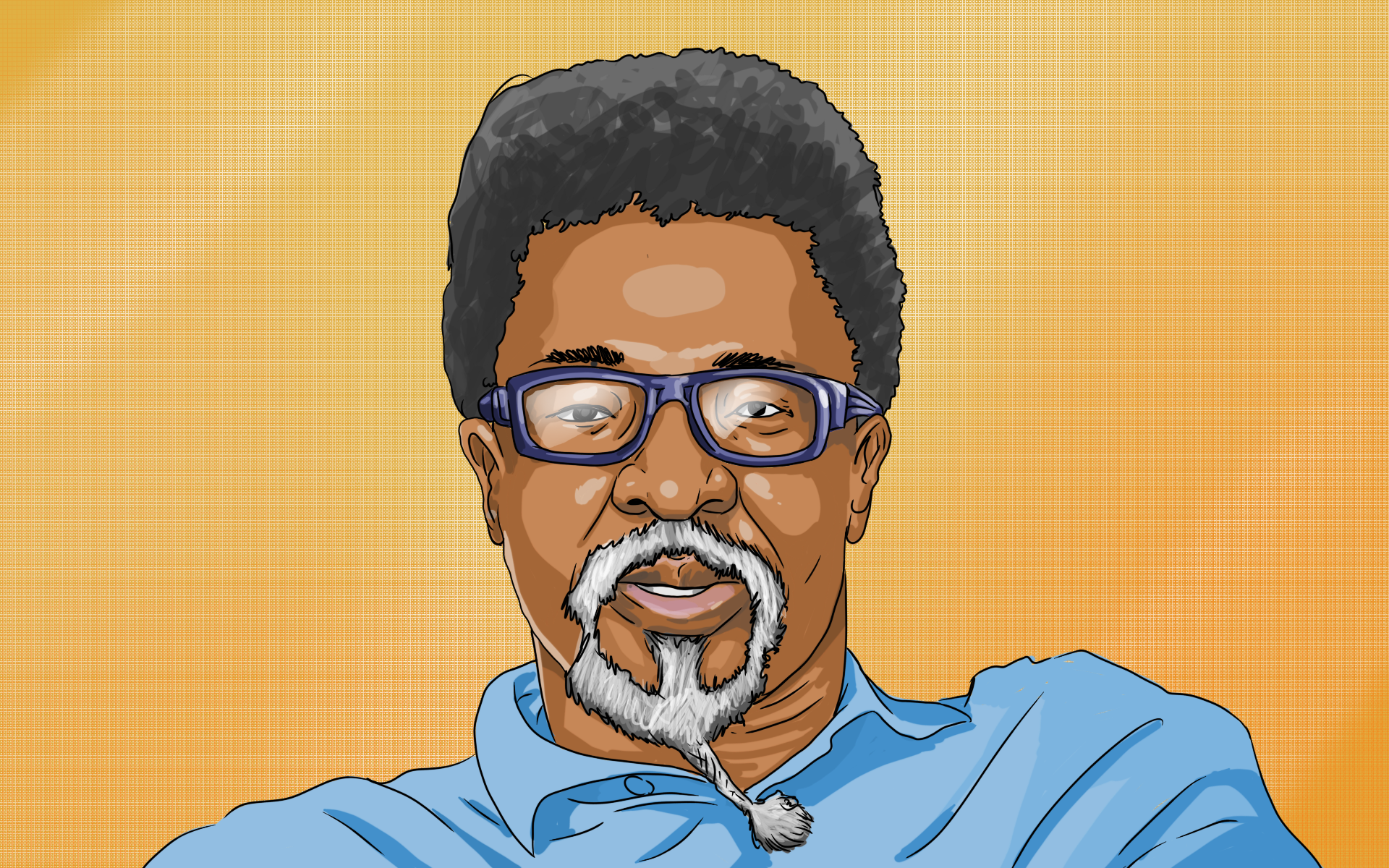His aim was not to turn the Soviet Union into a new America. But as it is clear, today, from the examples of China, North Korea, and Russia, his notion of universal human values were always going to grate against an autocracy’s worldview. Unless, as is the wont of the Chinese Communist Party, rights are described in terms of economic development and a nation’s internal security, rather than the right of each to choose.
The death, last week, of Mikhail Gorbachev provided a rare opportunity to reprise a number of themes that were bruited about as the Union of Soviet Socialist Republics imploded in 1991. Long before the debris from this epochal event had settled, socialists, communists, Marxist-Leninists, and an assortment of left-leaning ideologues battled to place the last-but-one Chairman of the Supreme Soviet and General Secretary of the Communist Party of the Soviet Union (CPSU), and last President of the Soviet Union on a continuum that ran from agent provocateur at one end, through fifth columnist, all the way to undertaker at the other end. As with Vladimir Putin, today, significant parts of the Left concluded that the demise of the Soviet Union was the “greatest geopolitical catastrophe of the 20th century”.
Also Read: Universal and Boomplay Expand License to 47 African Countries
Except that the Soviet Union was not all it seemed to be for much of its 70-year history. Heir to the Russian empire, it was a colonial contraption the combination of which was always less than the sum of its parts. It bristled with nuclear arms, but could hardly feed its people without donation of grains from its main ideological enemy – the US. Not surprisingly, since It bothered only about a certain type of people – Stakhanovite, and unquestioning of authority. Most of the other people it either jailed or killed, after show trials. “Disappearing” a few others along the way. At its most innovative, it gave the world the Lada. Its Sputnik space programme spoke to tremendous potential. But the rigorous implementation of the five-yearly development plans of a centrally planned economy held just about every other thing back.
This was the challenge to which Gorbachev responded a year after the CPSU’s mishandling of the 1986 Chernobyl nuclear disaster showed the extent of the system’s rot. The economy had to be restructured (perestroika). But you were not going to address low productivity, shoddy products quality and poor work ethic with traditional tools. More than anything else, it was self-evident that a USSR that was woefully behind the US on major economic indices needed a new workforce – innovative, enquiring, and capable of experiments at the bleeding-edge of the arts and sciences. This goal required a greater degree of openness (glasnost) across the economy than had prevailed until then.
Also Read: Ukraine: From Outcomes to Opportunities
But by arguing that society ought to target equal opportunities rather than equal outcomes, he may have also sought to return the Soviet Union to the ideals espoused by Vladimir Lenin through his New Economic Policy. Lenin had suggested, in a series of monograms, including his last testament, that when a society’s productive forces are not developed enough to guarantee the goal of “from each according to his ability, and to each according to his needs”, then it had to resort to trade if it is to efficiently allocate resources.
His aim was not to turn the Soviet Union into a new America. But as it is clear, today, from the examples of China, North Korea, and Russia, his notion of universal human values were always going to grate against an autocracy’s worldview. Unless, as is the wont of the Chinese Communist Party, rights are described in terms of economic development and a nation’s internal security, rather than the right of each to choose. Gorbachev, on the contrary, interpreted human values as an objective to which governments all over the world had to commit. Hence his willingness to negotiate an end to the nuclear arms race with the US.
Also Read: Clora Bryant: Black Lady Trumpeter Who Wowed Communist Russia
But by arguing that society ought to target equal opportunities rather than equal outcomes, he may have also sought to return the Soviet Union to the ideals espoused by Vladimir Lenin through his New Economic Policy. Lenin had suggested, in a series of monograms, including his last testament, that when a society’s productive forces are not developed enough to guarantee the goal of “from each according to his ability, and to each according to his needs”, then it had to resort to trade if it is to efficiently allocate resources. This notion of “trade” was what Deng Xiaoping alluded to when he cautioned against worrying about the complexion of a mouser’s coat. Preferring instead that reforms focussed on the cat’s ability to do its job well. And trade was all it took for China to take 600 million of its citizens out of poverty in the twenty years that ended at the beginning of this century.
The problem, though, is that trade is not without externalities. In an authoritarian economy, it creates centres of wealth, authority, and influence outside the party, and often beyond its control. More than anyone alive today, China’s President Xi Jinping is aware of this fact. His techlash may have wiped billions of dollars off the stock market values of many Chinese businesses. But, if nothing else, it is restoring the party’s authority. Caught between these antagonistic contradictions, Gorbachev eventually weighed in on the side of the people. Universal human values mattered more in the end.






















